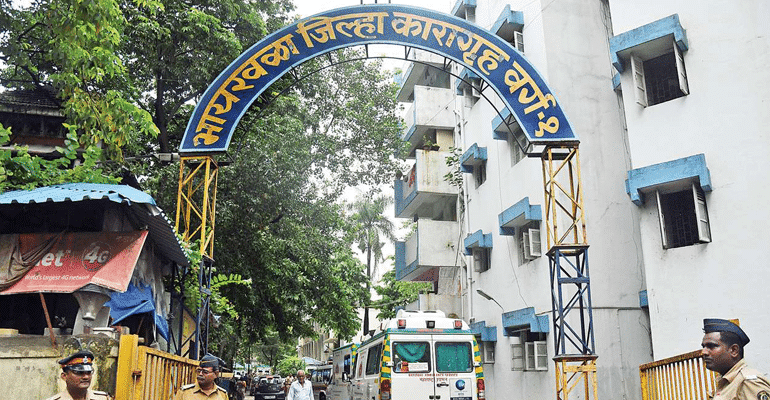Byculla women’s prison in Maharashtra to become the first jail in the state to allow undertrials to work in factories so that they can gain employment skills after leaving prison. Learn and earn is the main objective of this prison and the authorities will also help these women to get jobs afterward.
Inside the central prisons, the factories are present where the undertrials will produce nightgowns, which will be exported to numerous Middle-East and African countries.

According to a source, the jail consists of 420 women and 25 children. The problem arises when neither family members nor relatives turn up for the bail of these women. Some don’t have even Rs 1,000 to Rs 5,000 to pay and are languishing in jails. This scheme will help them save money and pay for their bails.
In an interview with TOI, the inspector-general of police (prisons) Rajvardhan Sinha said that they want to equip the women with employment skills so that they can integrate with the society after they are released. “Training will be provided to them. Also, we will help them get jobs after their release.”
Wages of these women have already been figured out by the jail authorities. The undertrials have to stitch 10 gowns every day for which they will be paid Rs 55.
The superintendent of Byculla jail, Aruna Mugutrao said, “If she does more than this, there will be an additional payment. Also, for every woman Rs 55 per day, which will be deposited in her account, Rs 15 will be contributed towards prisoners’ welfare fund account.”
Currently, the Thane Central Jail has a factory where convicts work. While the skilled laborers get Rs 55 per day, the semi-skilled workers get Rs 45 a day. Till now, in none of the jails, the undertrials were put to work. An officer said, “The Byculla jail project is to teach women to become self-reliant.”
To help the jail authorities in this project, Ashish Poddar and his brother-in-law, Vivek Gadia (a garment exporter), who are associated with the Rotary Club of Mumbai Western Elite has come forward. While talking to TOI, Poddar said that previously a group provided sanitary napkins to women inmates and installed water purifiers in the jail. “Now, we have come up with the idea where women can learn and earn in jail. It will ensure a future for them,” he added.
Initially, Poddar and Gadia are planning to set up 30 sewing machines. Once the initiative receives a good response, more units will be set up.

